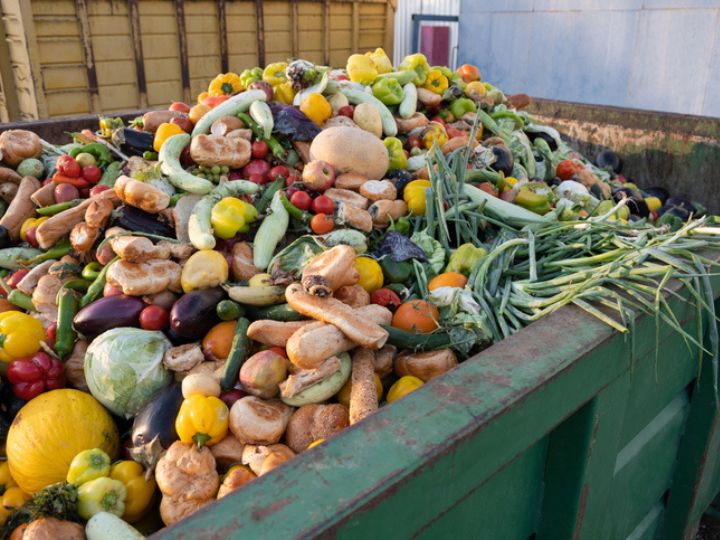According to the Center for Food Safety and Applied Nutrition (2023), food waste in America is estimated at between 30 and 40% of the food supply. The waste of food itself is largely unpreventable, but what is done to the food when it is discarded is what is important in keeping food out of landfills. When in landfills, organic material (such as food) cannot decompose properly, and often will rot and produce methane, a greenhouse gas which contributes to global warming (Office of Resource Conservation and Recovery, 2020). According to the Office of Resource Conservation and Recovery (2020), 8% of global greenhouse gas emissions come from landfills.
A solution that many countries around the world and cities in America have adopted is a strong composting system. Food is organic material, and organic material can be easily reused in many ways, most notably, as fertilizer for soil. A success story in America exists in the Californian city of San Francisco. In 2009, an ordinance was passed requiring recyclables, compostables, and trash to be disposed of separately (U.S. Environmental Protection Agency, 2023). The compost produced is given to local farmers, orchards, and vineyards for use, effectively giving back to the community (U.S. Environmental Protection Agency, 2023). In addition to supporting local produce, this system allowed San Francisco to aim higher with their waste reduction efforts.
Data plays an important role in overseeing the progress of the implementation of any new system. The EPA already does a lot of data collection to identify the primary sources of food waste, which is important in the initial problem identification stages. Not only can data be used to identify the problem, but it’s an important tool to support the continuous improvement of systems to reduce food waste. Without data, it’s difficult to identify new issues, or issues whose solution did not either fully address or eliminate the issue.
The reduction of food waste not only supports the community, but it’s an important part of reducing greenhouse gas emissions and slowing global warming. Data plays a strong role in this issue, and it’s imperative that data scientists be included in conversations regarding food waste.

